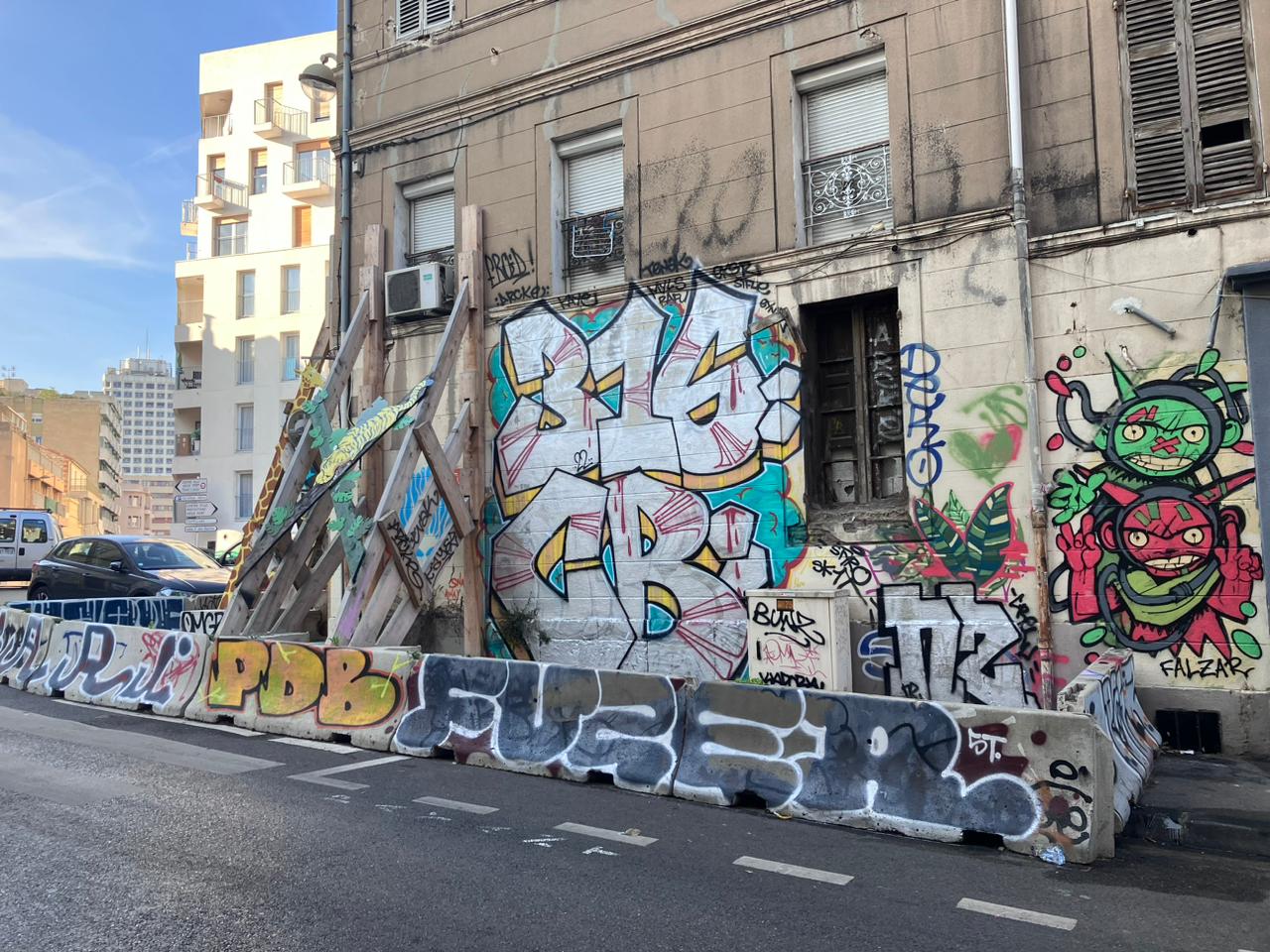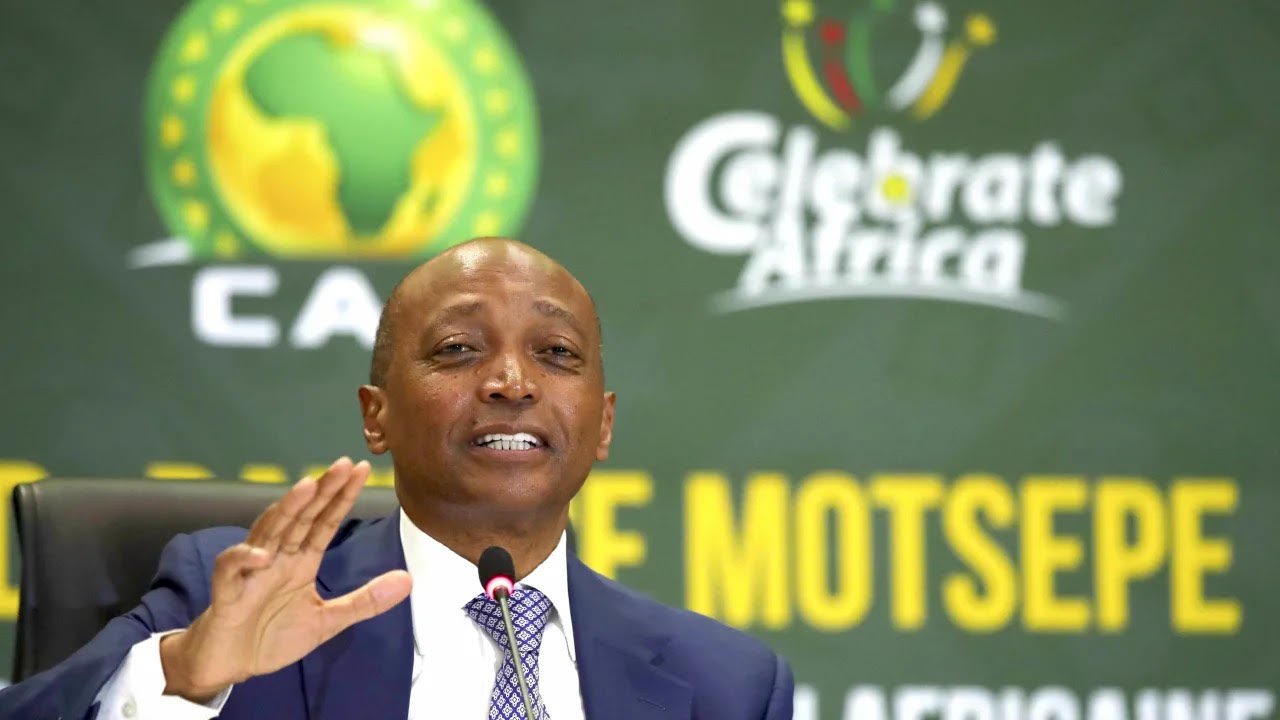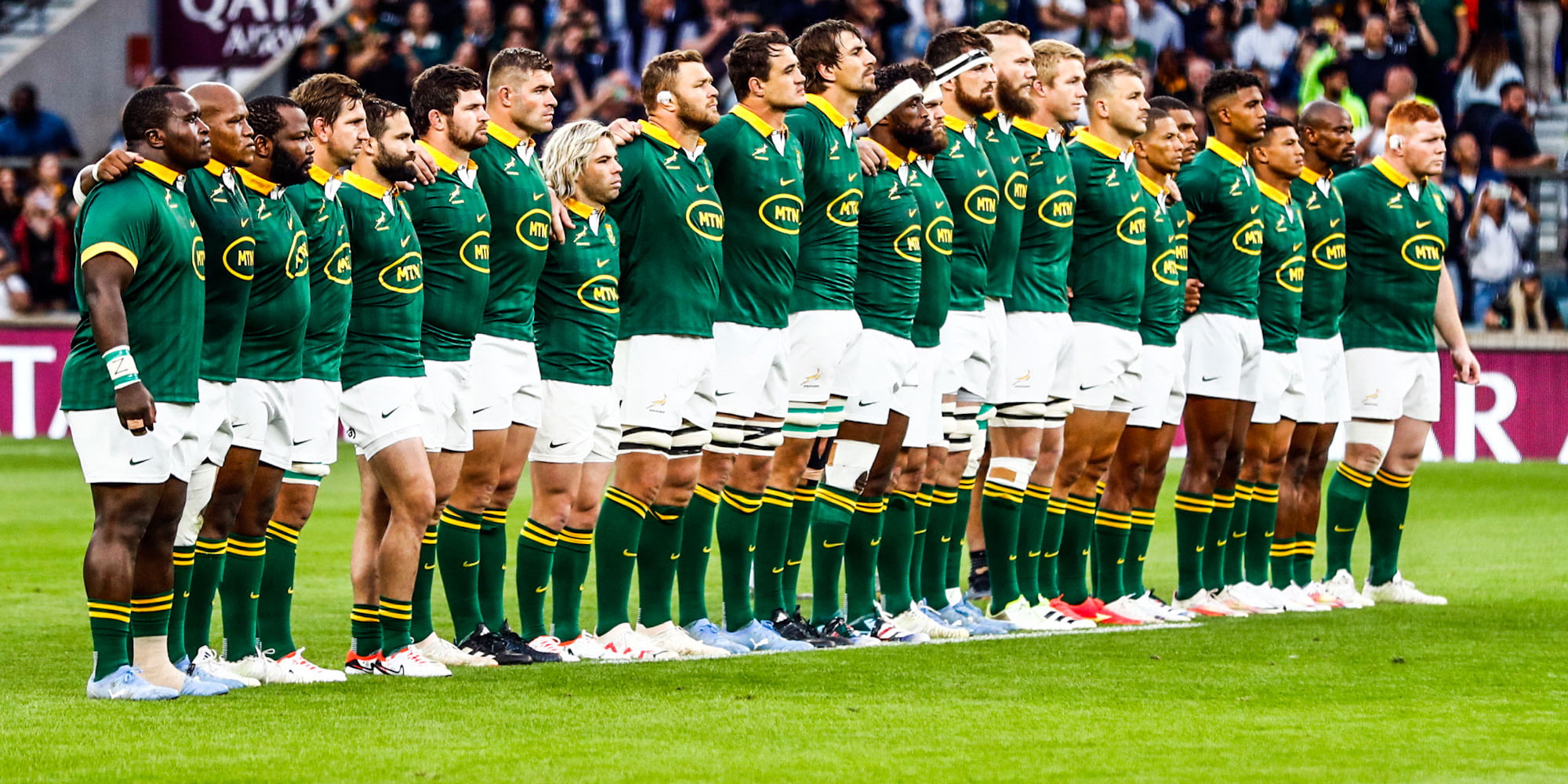It’s a little after 6 pm, on a lazy Saturday evening. We walk into a quaint bar, nestled snugly between two restaurants on a busy street tucked away so far up a mountain slope, that only people and dogs can get here. On the pavement, the bars’ additional tables spill out onto the walkway. But this is not unusual. In Villefranche-sur-Mer on the French Riviera, people share the pavement with restaurants on the street.
Inside, the Welsh dragon hangs proudly above the bar, while a tattooed silver-haired fox with boyish charm warns that he only serves beers and hard liquor. He’s never made a cocktail in his life, he quips. On the flat screen above our heads, Fiji is trailing by nine points to nothing against Georgia. A surprising scoreline considering how well Fiji has fared so far during this year’s Rugby World Cup tournament but it’s only the first half. On the other hand, we have a bigger mission to concern ourselves with.
“Are you South Africans?” someone asks. Yes, yes we are.
“Are you Irish?” my friend replies. “That I am”, he says, his thick drawl giving him away. “Heeey!” We all chuckle knowingly. A bit of camaraderie between old foes. Just days before, the Irish had defeated the Springboks in arguably one of the biggest clashes of the group stages. But tomorrow things will be different… South Africa versus Tonga.
It’s a pleasant surprise to find a little World Cup spirit in this seaside town. In the days we’ve travelled through France, there’s been little sign of the magnitude of the tournament that the country is hosting. A few billboards here and there, but none of the festive World Cup “gees”, that we’ve been expecting. But in a bar on the French Riviera, we’ve finally come to the right place.
“You in France for the World Cup?” the bartender asks. Indeed, we are… well sort of. Tomorrow we will take a train to Marseille to watch the Springboks final group match against Tonga. It’s a mouth-watering encounter, with everything to play for, for the Boks. But our time here in France has been about much more than rugby – it’s our annual trip. Spin the globe, pick a country or two or in this case, three and explore.
By Saturday, we’d been in France for a week and we’d snuck in a short left to Monte Carlo in Monaco. Paris and Nice were spectacular, but they’re stories for another day. Our journey will then take us to Greece and Italy, a whirlwind tour of Europe that’s already burning a hole through our pockets.
But here in this marvellous drinking hole, the conversation shifts to rugby. Fiji is making a comeback against Georgia. It’s turning out to be a nail-biting match. In the back, two Australians lament their country’s poor performance in the tournament. The Wallabies are in the same group as the Fijians and they’ve been falling apart at the seams in spectacular fashion.
The old Irishman – proud and smug – sits in his corner, comforted by his countrymen’s fearless performance. They’re the world’s number one – so perhaps, we shouldn’t have expected anything less. But the bartender? Well, he couldn’t care less. He tells us that he’s an avid traveller and he’s itching for his next adventure. Maybe Cape Town in South Africa will be his next stop. His words, not mine. Hours later, some of us still a little drunk on tequila and the ocean breeze, find ourselves on a four-hour long train ride to Marseille. It’s game day and we spot several South Africans proudly wearing their Springbok colours. The green and gold army is marching.
As we pulled into Gare de Marseille-Saint-Charles, the city’s main train station, the graffiti was a little unsettling. Built in 1848, the station should be an impeccable monument of history. But it’s not. Unfortunately, years of defacing the property have left an ugly mark. As we roll out of the station, into the bustling streets, graffiti becomes a striking feature throughout the city.

In some areas, it is more prevalent than in others. In Marseille though, they call it street art – a celebration of its hip-hop culture and its language of protest. Marseille isn’t Paris or Nice, but it’s an intriguing city. A little rough around the edges, street smart with a naughty glint in her eye. Now hosting the World Champions, the Springboks, against Tonga in their final group match, the city comes alive.
On the streets, the green and gold army marches on. An energetic mix of South African tourists and expats move as one towards the imposing Orange Velodrome. We’re no longer following the directions on Google Maps, we spot a group of South Africans and move with them. Along the way, restaurants are full of our compatriots and our flag is a reminder of all that is at stake. The Boks are playing for pride and country.

Inside, a cacophony of noise but somewhere in the chaos, a very familiar echo of home… someone sounds like a Vuvuzela setting the spectaculars off anew. On the big screen, Siya Kolisi, now living in France, in his 50th test appearance as skipper of the Springboks, passionately belts out the national anthem.
“Kubo!”, he exclaims. After their heartbreaking loss to Ireland just a week before, it’s a call to arms for the valiant men on the field. Moments later, the Tongans throw down the gauntlet with the Sipi Tau, their version of the traditional Haka. This will not be easy for the Boks.
The whistle blows and Tonga puts on a display of rugby that sets the stadium alight but it ends with the Springboks victorious and a step closer to a place in the quarter-finals. On the field, players from both teams huddle together, locked arm-in-arm for a moment of reflection and prayer. A powerful show of force and respect.
We leave the stadium energised and hopeful. Tonga played their hearts out, but the Springboks were equal to the challenge. It will be a few more days before they formally book their place in the quarters, but for the moment, the defending world champions march on. The faithful green and gold army followed closely behind them.
Kubo!




No Comments